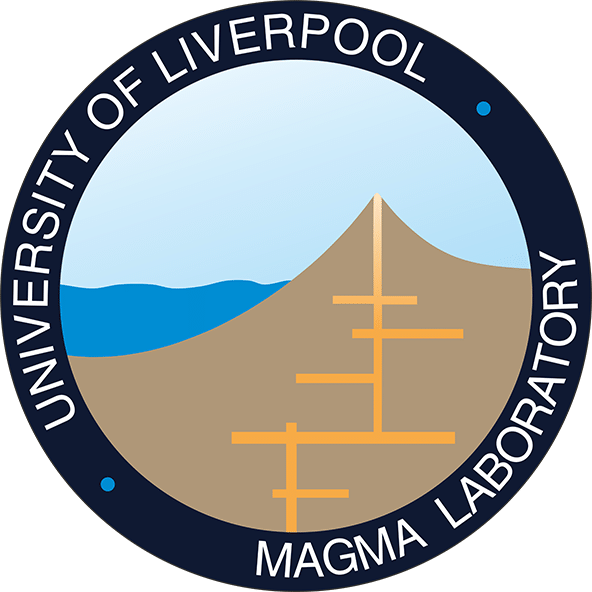
Come join us at the MAGMA Lab
“Shaken, Not Stirred? Unravelling the Complex Dynamics of Magma Mixing and Mingling at Dangerous Caldera Volcanoes”
ACCE+ Doctoral Landscape Award PhD studentship
Check out the project description and eligibility criteria for this PhD project by clicking the buttons below. Applications are accepted through the 2026 ACCE+ NERC Doctoral Landscape Award.
Frequently Asked Questions
Here are some of the questions we have been asked regarding applying for the PhD project “Shaken, Not Stirred? Unravelling the Complex Dynamics of Magma Mixing and Mingling at Dangerous Caldera Volcanoes” Please check this list regularly as more answers will be added as they come in!
“The project sounds very interesting! Can I meet with you to discuss it before putting in my application?”
Thank you for your interest in this project. The ACCE+ DLA scheme has strict guidelines outlining how supervisors and potential applicants should engage in the lead up to the application deadline. You can learn about the process by looking through our applicant guidelines presentation: https://docs.google.com/presentation/d/1J5MQBDZJEFelMxa9cGzmqEpUiReMn8bk/edit?slide=id.p2#slide=id.p2
These guidelines are designed to ensure the application process is fair for everyone. They state we are not able to meet and discuss the project in advance of your application, and instead I have recorded a presentation about the project which you can view above. Answers to questions which are raised will be posted in this open FAQs document, so check this link regularly for updates. https://docs.google.com/document/d/1LIelfY60jLwyLm8yX6ZLF4uvDJirGUpG/edit?usp=sharing&ouid=107207860877058710147&rtpof=true&sd=true
“I'm interested in learning more about the above PhD project and ascertaining if an application from myself would be welcomed”
Thank you for your interest in the advertised PhD project. Your research sounds very interesting. I wonder if you have seen the recording I have made describing the background to the project and what it will entail? I have placed a copy of that on our group’s website: https://www.liverpoolmagmalab.org/applicants
The project will involve quite a lot of experimental work in Liverpool and Barcelona, and then geological field work in Chile. So past experience with these techniques or demonstration of knowledge in these fields would be something to mention in a potential application.
